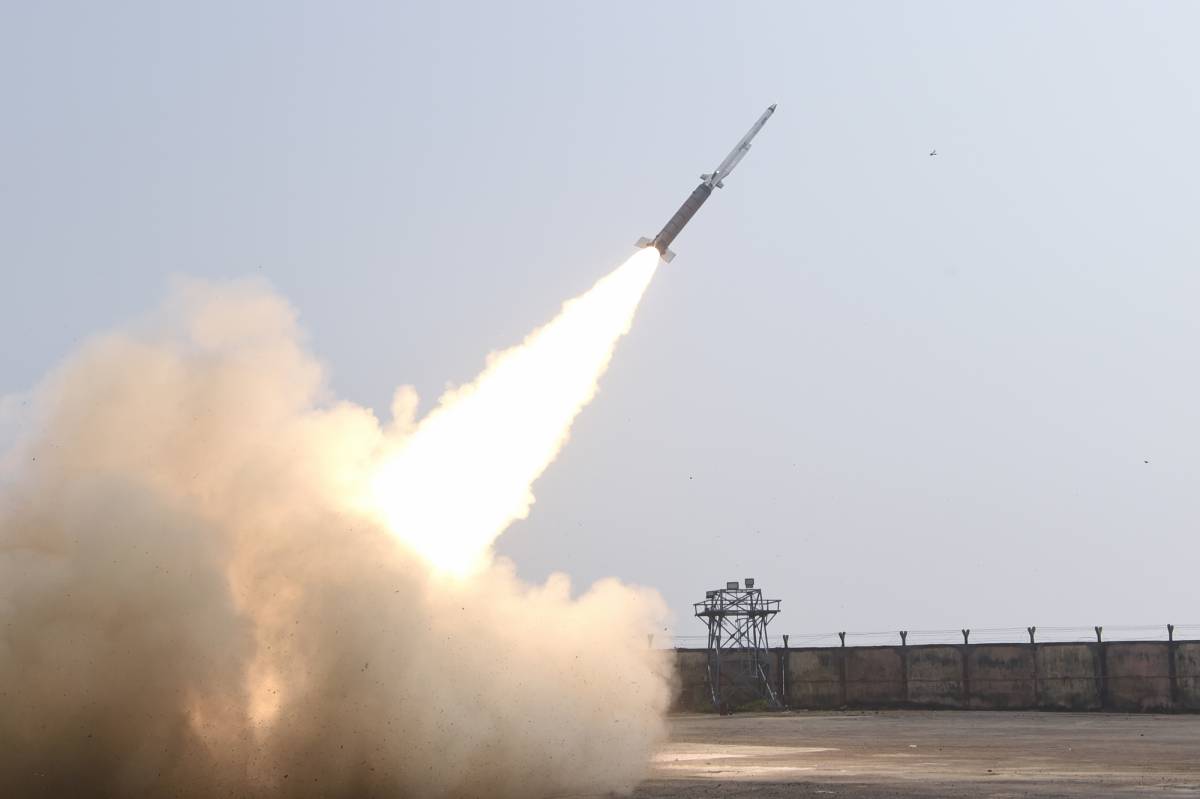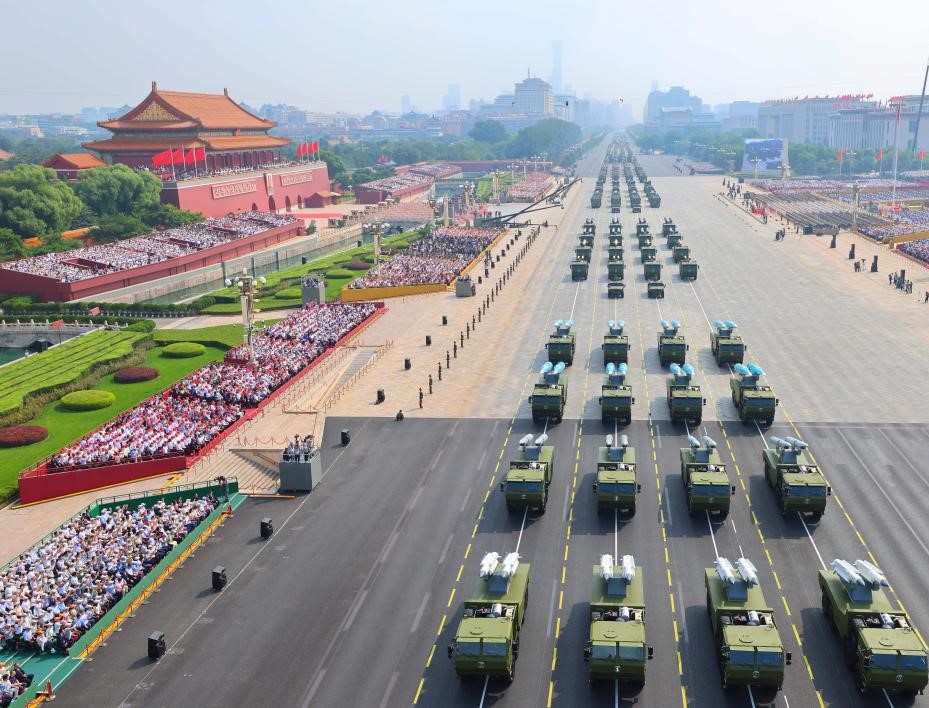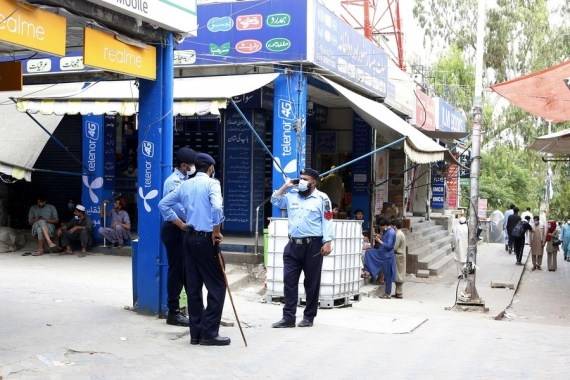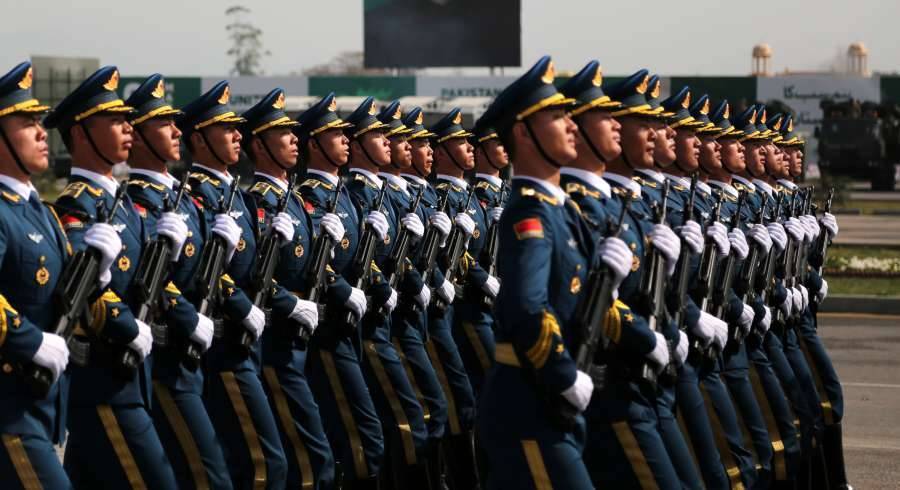This comes as China’s People’s Liberation Army (PLA) continues to breach Taiwan’s Air defence identification zone (ADIZ)….reports Asian Lite News
Taiwan should develop the range, precision and mobility of its weapons to boost the island’s defences, said Taiwan Defence Minister Chiu Kuo-cheng on Monday.
“It is necessary for our weapons to have long-range, precision and mobility,” Sputnik quoted Chiu as saying. He added that it will boost the island’s defences and the combat readiness of its armed forces.
With the purchase of US F-16V fighter jets, Taiwan’s defence budget for 2022 reaches USD 18.6 billion, the minister noted. In addition, Taiwan is to spend an extra USD 8.6 billion on weapons within the next five years, Sputnik reported.
This comes as China’s People’s Liberation Army (PLA) continues to breach Taiwan’s Air defence identification zone (ADIZ). PLA has breached Taiwan’s Air defence identification zone (ADIZ) more than 60 times in the month of September.
Beijing claims full sovereignty over Taiwan, a democracy of almost 24 million people located off the southeastern coast of mainland China, despite the fact that the two sides have been governed separately for more than seven decades.
Taipei, on the other hand, has countered the Chinese aggression by increasing strategic ties with democracies including the US, which has been repeatedly opposed by Beijing. China has threatened that “Taiwan’s independence” means war.
On June 1, Chinese President Xi Jinping pledged to complete reunification with self-ruled Taiwan and vowed to smash any attempts at formal independence for the island.
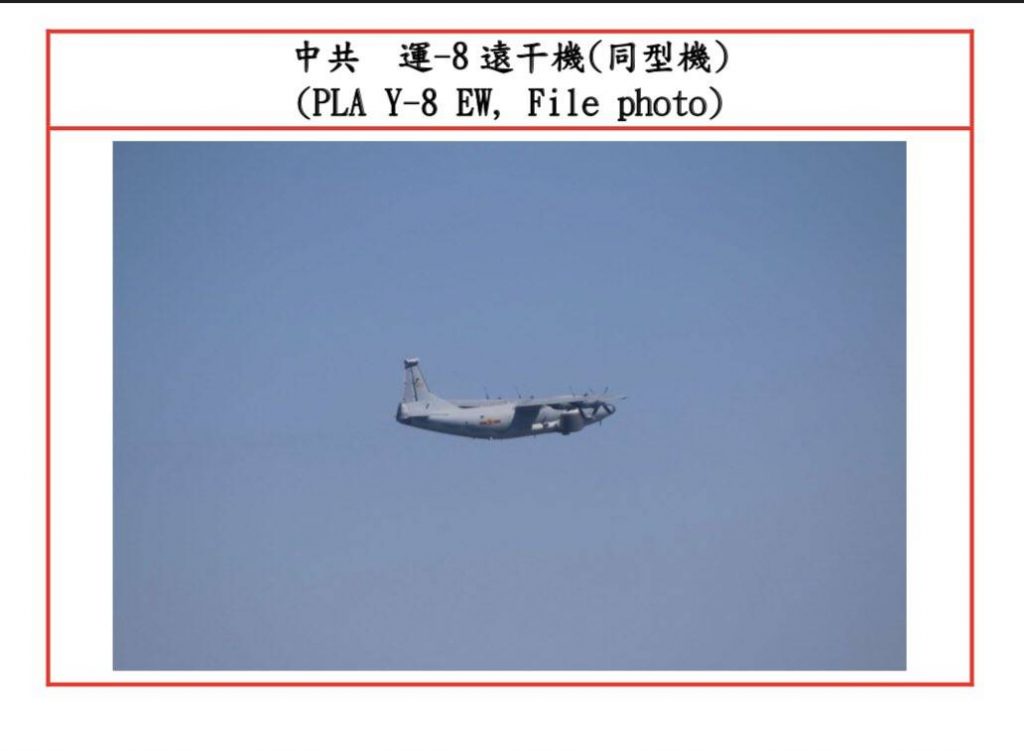
Canberra-Taipei partnership
With China’s rising military power and its assertiveness in the Indo Pacific region, may push Australia and Taiwan to develop bilateral strategic security cooperation, said a report.
Both the countries do not have any formal defence ties yet, which could be needed as an additional tool to uphold regional security and stability with China’s rising influence in the region.
An article written by Australian Senator Jim Molan, titled ‘War-gaming tomorrow: It’s possible this will end in an all-out invasion’ in the Weekend Australian newspaper published on September 11, outlined a potential scenario for Australia in the post-Afghanistan era, reported Taipei Times.
“China has one strategic aim: to be dominant, first in the region and then perhaps in the world. The US is the target. The Chinese Communist Party’s (CCP) objective is to reduce US power, and Taiwan should be seen as the means,” Molan wrote.
Molan observed China’s strategy is to use a conflict in the Taiwan Strait to expel the US military from the Western Pacific.
In the last few years, the Australian government has decided to adapt itself to the ASEAN alliance structure over the regional security issues and placed increasing importance on the situation in the Taiwan Strait.
Australian Defence Minister Peter Dutton in an interview said that conflict with China over Taiwan “should not be discounted,” adding that Australia would make sure that “we continue to be a good neighbour in the region and that we work with our partners and with our allies. Nobody wants to see conflict,” reports Taipei Times.
Dutton further said that China’s designs over Taiwan were increasingly apparent and that the time had come for Australia’s military to shift its centre of gravity toward neighbouring regions.
Australian Financial Review opinion article, titled ‘Australia draws the China line at Taiwan’, published on May 6 discussed the elevated tensions in the Taiwan Strait, saying that in the event of armed conflict, Australia and New Zealand might be obliged to at least provide tacit support to the US as required under the 1951 Australia, New Zealand, US Security Treaty, reports Taipei Times.
Australia’s defence strategy is focused on augmenting its military force, in order to prevent Beijing from destroying the “status quo” in the Indo-Pacific region and invading Taiwan.
Canberra and Taipei share many of the same values: democracy, liberty, the rule of law and protection of human rights, as well as a healthy bilateral trade relationship. Taiwan should make full use of the strategic opportunity of Australia paying attention to the China threat and the situation in the Taiwan Strait. (ANI)


